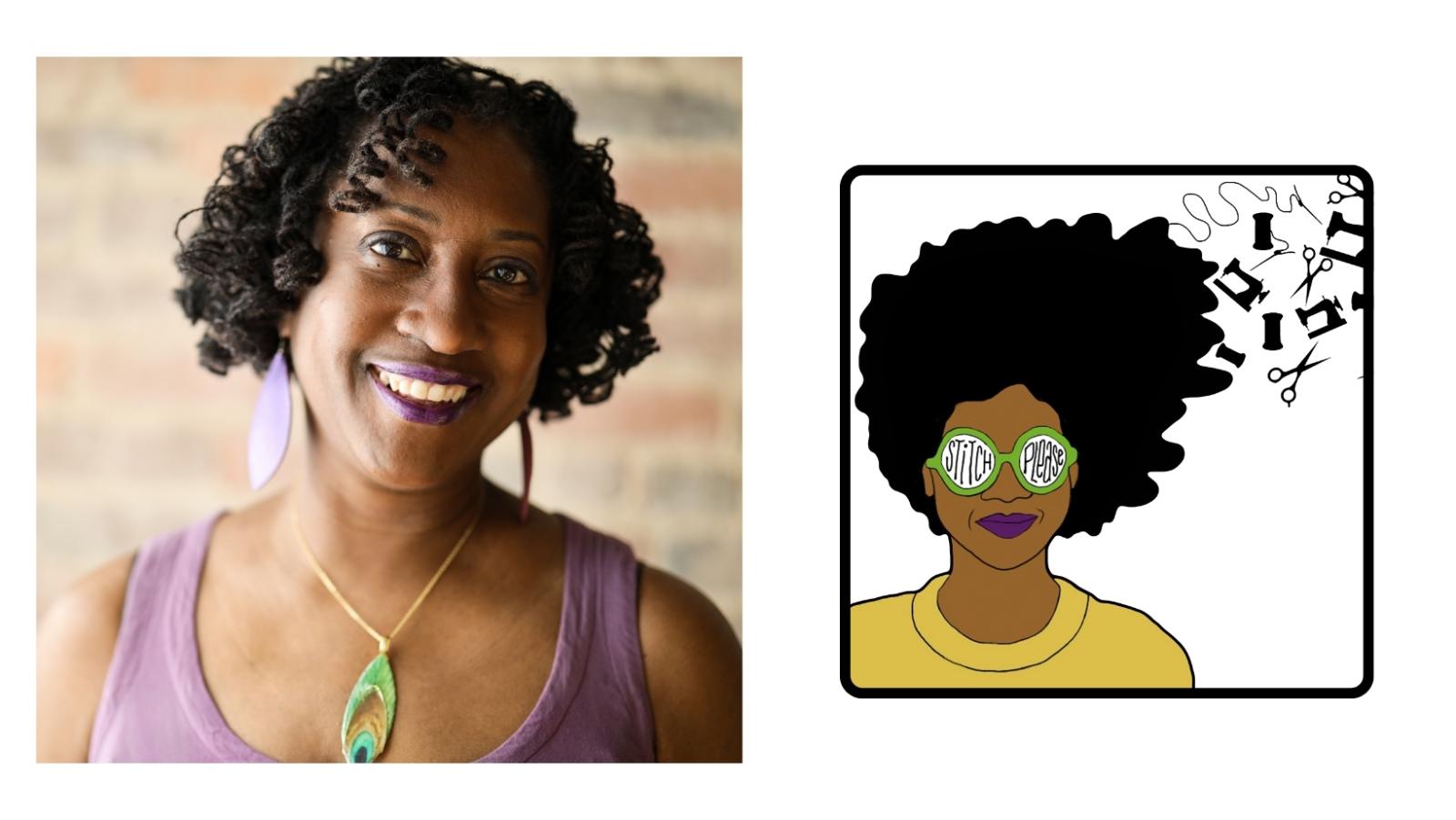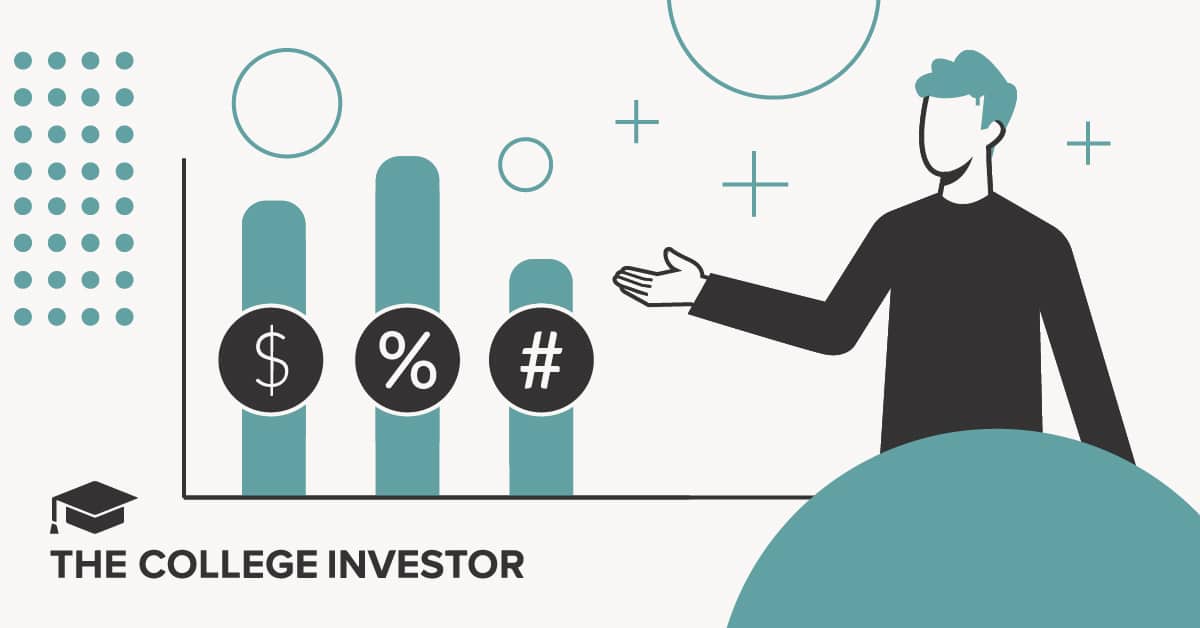Celebrating Success with Dr. Lisa Woolfork and the Stitch Please Podcast


Vinegar Hill Magazine sat down with Dr. Lisa Woolfork, the dynamic host of the acclaimed podcast “Stitch Please.” Recently recognized by the New York Times and a recipient of multiple prestigious awards, Dr. Woolfork shares her journey of passion, creativity, and community building within the world of podcasting. From the challenges of starting a podcast to winning accolades, Dr. Woolfork offers insights into her mission-driven work that centers and celebrates Black women, girls, and femmes in sewing.
Vinegar Hill Magazine: Dr. Woolfork, thank you for joining us. Can you share a bit about the recent recognition your podcast, “Stitch Please,” has received?
Dr. Woolfork: Absolutely! It’s been an exciting time. Recently, “Stitch Please” was featured in the New York Times as one of seven podcasts to help people develop a hobby. It was a delightful surprise since I wasn’t contacted beforehand. Additionally, we won a gold-level trophy for Best Hobbyist Podcast and a Listener’s Choice award at the Signal Awards. It’s been a whirlwind of recognition, and I’m incredibly grateful.

Vinegar Hill Magazine: That’s amazing! Can you tell us more about the Ambie Awards and what they mean to you?
Dr. Woolfork: The Ambie Awards are like the Oscars of podcasting, organized by the Podcasting Academy. They recognize excellence in podcasting across various categories. I was thrilled to win in the DIY category, especially considering the competition from big names like Oprah and major networks. It’s a significant honor and a testament to the hard work and dedication that goes into “Stitch Please.”

Vinegar Hill Magazine: How does it feel to receive such prestigious awards?
Dr. Woolfork: It’s incredibly validating. When I started the podcast, I thought it would just be me and my mom listening. To see it grow and receive such recognition is beyond what I imagined. It’s a reminder of the importance of community support and the power of passion-driven work.
Vinegar Hill Magazine: Speaking of passion, what advice would you give to aspiring podcasters, particularly Black podcasters?
Dr. Woolfork: Start with a manageable schedule and structure that you can handle alone. It’s crucial to focus on your passion and keep your eye on your own paper. Your podcast should be driven by a message or topic that brings you joy or fuels your fire. This focus will sustain you through the challenges and help you build a dedicated audience.
Vinegar Hill Magazine: Your podcast seems to weave together various elements. Can you elaborate on that?
Dr. Woolfork: Certainly. “Stitch Please” is about more than just sewing. It’s about stitching together academic, activist, and artistic threads. I explore Black women’s sewing as a means of liberation and self-expression, connecting it to broader themes of Black life, culture, and creativity. It’s a metaphorical quilt, with each episode adding a new layer to the conversation.
Vinegar Hill Magazine: What’s next for you and “Stitch Please”?
Dr. Woolfork: I’m currently working on two books. One is an academic study on Black women’s sewing as a tool for self-determination, and the other is a more public-facing exploration of how sewing empowers Black women today. I’m also focused on expanding the podcast’s reach and continuing to celebrate the vibrant community of Black women in sewing.
Vinegar Hill Magazine: Thank you for sharing your journey with us, Dr. Woolfork.
Read a previous profile about Dr. Woolfork with Vinegar Hill here.

The American Federation of Teachers has amended its lawsuit against MOHELA, alleging ongoing and systemic student loan servicing failures that...

Imagine having the freedom to pursue your dreams without the constant worry of financial strain. This is the reality for...

Refinancing medical school loans can be a simple way to save money during loan repayment. The key is to shop...